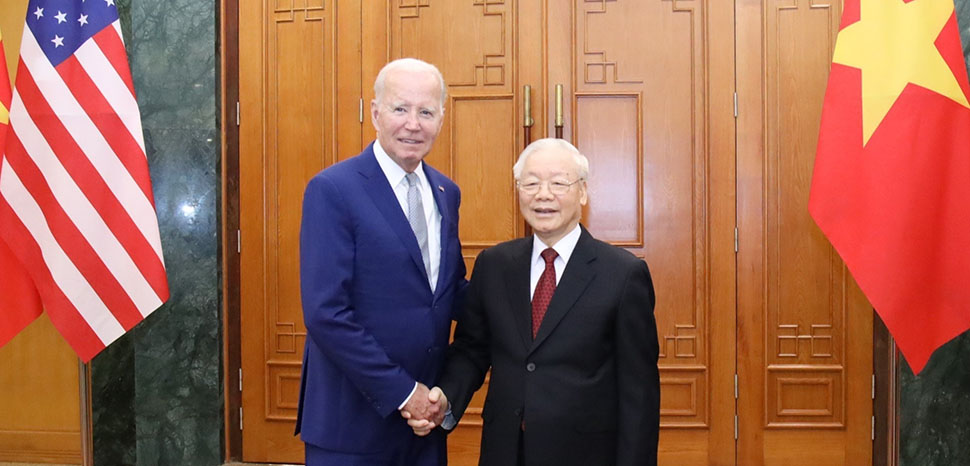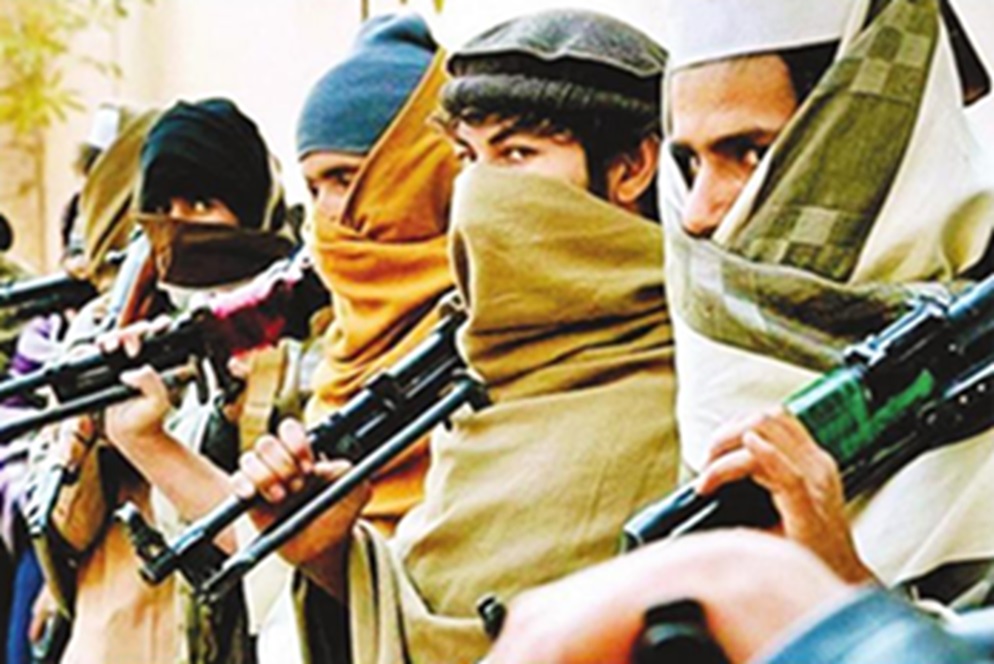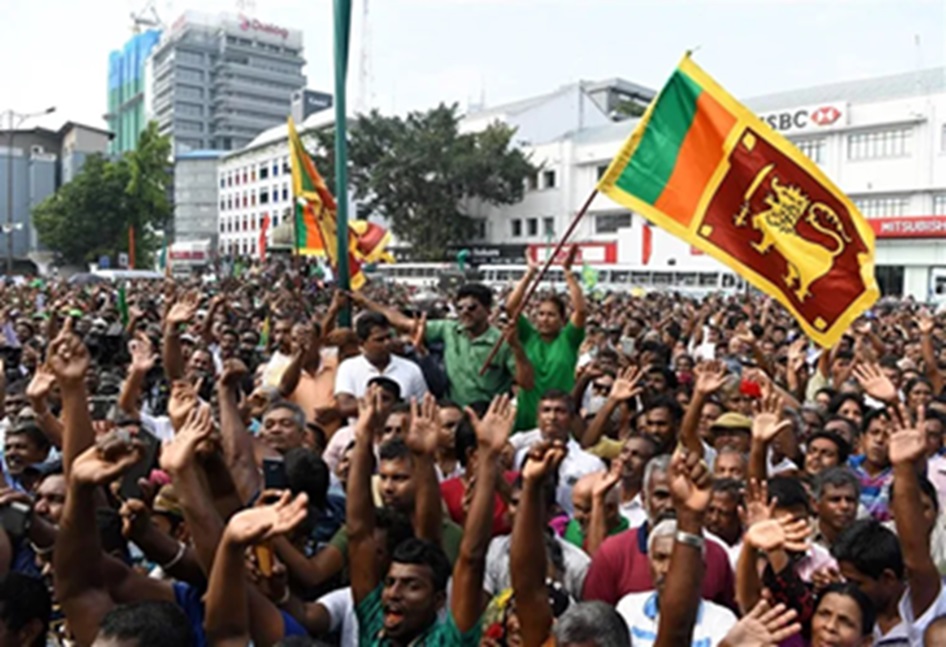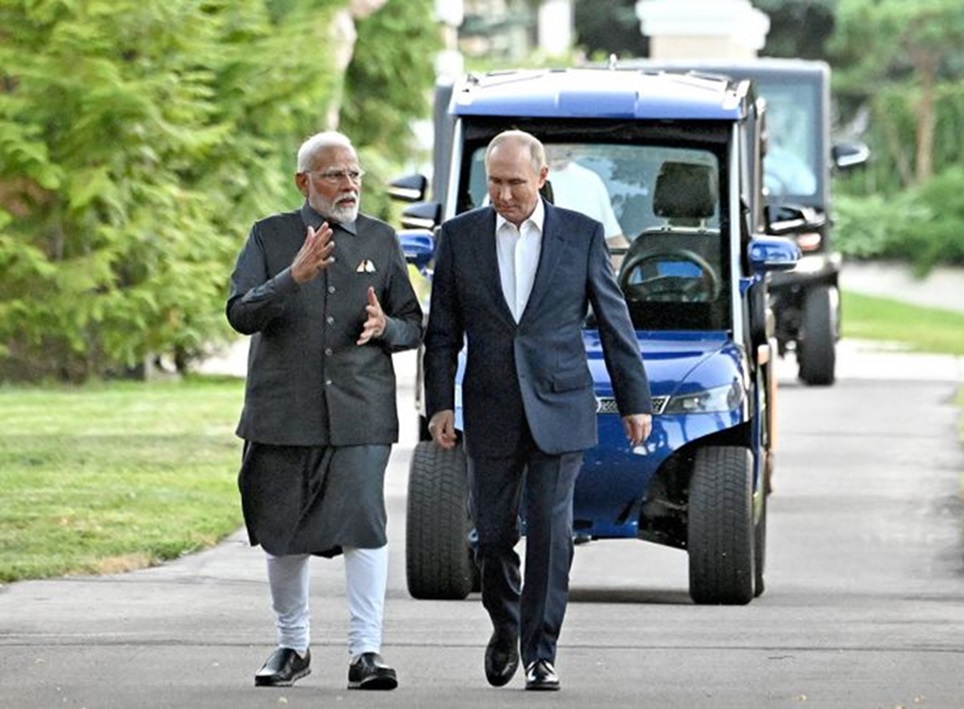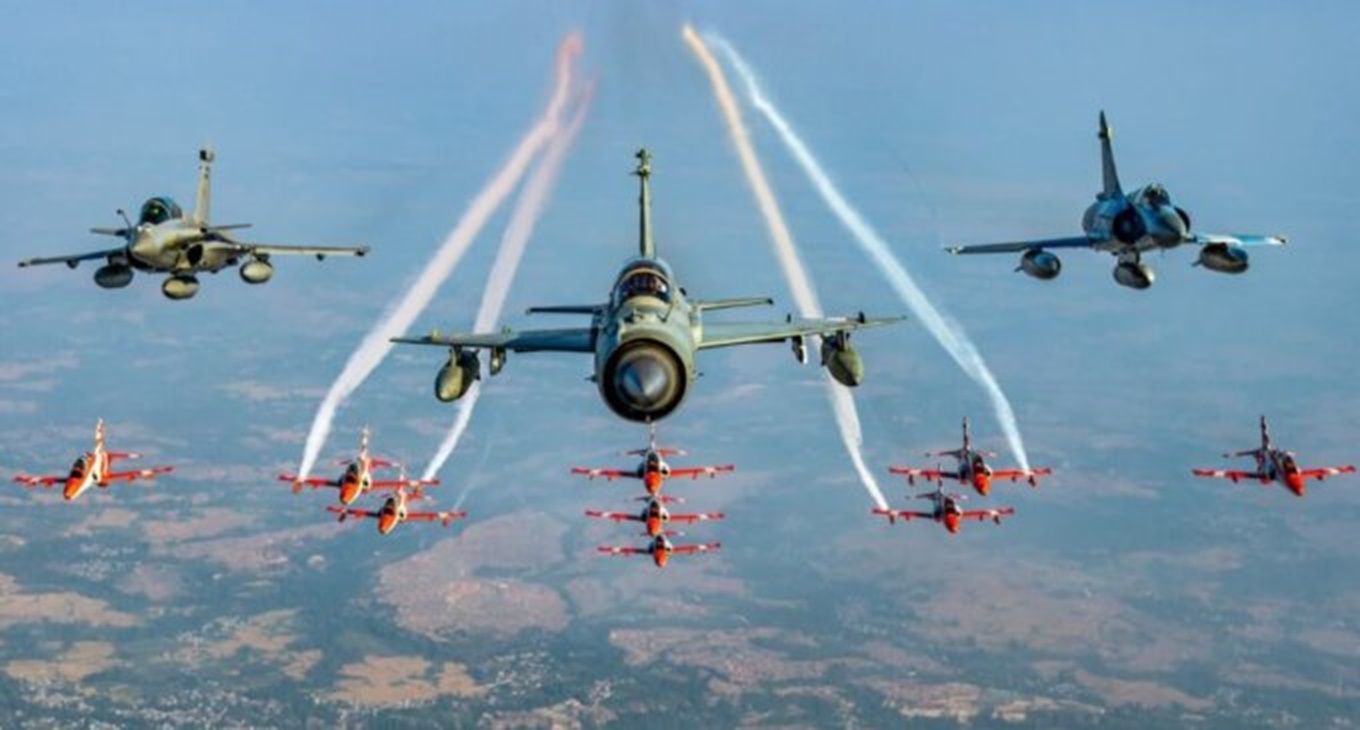Vietnam-US bilateral partnership is likely to boost the trade between the two countries in the near future.
Vietnam and the US bilateral relations pivot on the belief that “Set aside the past, overcome differences, build on similarities, look to the future.” Both sides have shown willingness to abide by this mantra propounded by Nguyễn Phú Trọng, Vietnam’s Secretary General of the Communist Party. The partners have been availing opportunities to cement ties marked by visits and exchanges at different levels clearly suggesting that they have shed the past and chosen to build mutual trust while respecting each other’s ideological foundations.
Over two months ago, on 11 September 2023 during President Joe Biden’s visit to Hanoi, Vietnam and the US upgraded the bilateral relations to “Comprehensive Strategic Partnership for peace, cooperation, and sustainable development”. President Vo Van Thuong labelled it as “truly a new page in the relationship between our two countries — an enduring, stable long-term framework that opens up a vast space for further development of the bond between us for decades to follow”.
President Vo Van Thuong was in the US at San Francisco to attend the Asia-Pacific Economic Cooperation (APEC) Leaders’ Week, 14-17 November 2023. The APEC Leaders’ Week 2023 was particularly significant as it celebrated 30 years of its establishment. It was themed “Creating a Resilient and Sustainable Future for All”, and had focused on assessing APEC cooperation outcomes over the past three decades.
Vietnam joined the APEC in 1998 and the Asia-Europe Cooperation Forum (ASEM) in 1996 after becoming a member of the Association of Southeast Asian Nations (ASEAN) in 1995. Over the past 25 years since joining the APEC, Vietnam has been actively engaged in multiple initiatives and activities. Among these Hanoi’s contribution through the 2006 Hanoi Action Plan to realise the Bogor targets in trade and investment facilitation, and in 2017 its pro-activeness to build post-2020 APEC vision and the establishment of the APEC Vision Group which “led the forum to adopt the joint statement on Putrajaya Vision 2040” are laudable.
President Vo Van Thuong’s visit was meant to consolidate Vietnam’s “external relations activities of Vietnamese Party and State leaders in 2023” as well as “promote regional economic cooperation as well as a bilateral partnership with world-leading economies for sustainable development and prosperity”. In that context, the President held working sessions with representatives from the US-APEC Business Coalition, Indo-Pacific Economic Framework for Prosperity (IPEF) partner nations, and dialogue with the APEC Business Advisory Council (ABAC).
It was also an opportunity for President Vo Van Thuong to deliver a speech at roundtable discussions between Vietnamese and US businesses connected with space and IT industry i.e. Boeing and Apple. The President also expounded on Vietnam’s foreign policy and Vietnam-US relations at the Council on Foreign Relations (CFR), a public policy think tank.
The renewed vigour in Vietnam-US relations has also triggered defence and security engagements albeit, at a low level, keeping in mind that such issues are still susceptible. The Vietnam-US Defense Policy Dialogue (DPD), the highest-level forum for advancing bilateral defense cooperation, was held in September this year. It was agreed to “develop Vietnam’s capabilities across multiple domains” and “continue work in other important war legacy spaces”. Both sides agreed to “enhanced cooperation on defence industry and trade, maritime security, information sharing, cyber security, humanitarian missions, and other areas of shared interest”.
Significantly, the ‘readout’ on the Vietnam-US Defense Policy Dialogue released by the US Department of Defence is silent on issues concerning China and the South China Sea. There was also no reference to the Indo-Pacific. Apparently, these issues did not figure during the recent visit by General Charles Flynn, US Army Pacific (USARPAC) Command to Hanoi on November 13; although they agreed to “cooperate in more areas such as exchange of delegations, personnel training, and attending events hosted by the two sides.”
Hanoi has refrained from raising/discussing South China Sea security issues with the US notwithstanding the fact that there has been a fatal confrontation between the two neighbours over the Paracel Islands. China claims unilaterally announced large swathes of the South China Sea bound by the Nine Dash Line. It has been undertaking reclamation/building up on the islands (airstrips, jetties, fuel storages, and logistic depots) and can now support military operations in the region. This prompted other claimants (Brunei, Malaysia, Philippines, Vietnam, and Taiwan) to undertake similar activities.
The Chinese maritime militia has been intimidating Vietnamese fishermen, and the Chinese Navy and Coast Guard have attempted to prevent offshore legal activity by Vietnam in its EEZ. Yet, Hanoi has chosen diplomacy and dialogue to express its disappointment with China. However, Hanoi joined other claimants in dismissing as illegal the “new standard” map published on 28 August by China’s Ministry of Natural Resources.
It remains to be seen whether Hanoi would go along with the Philippines’ proposal to discuss a separate code of conduct (CoC) among the other claimants given that the earlier draft Codes have been languishing for over two decades now.
Disclaimer: The views and opinions expressed by the author do not necessarily reflect the views of the Government of India and Defence Research and Studies
Title image courtesy: Geopolitical Monitor

